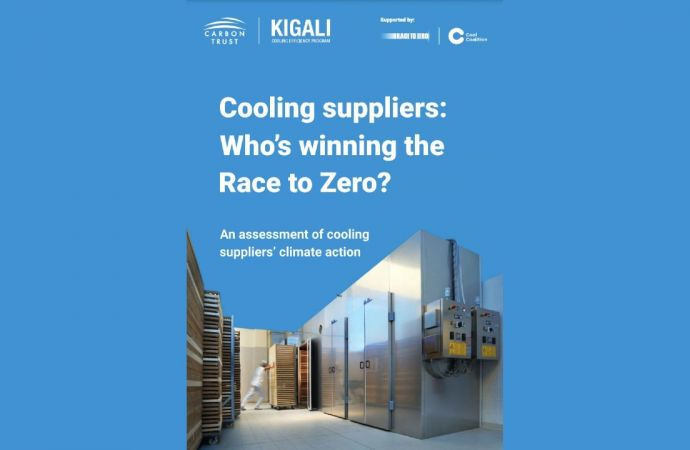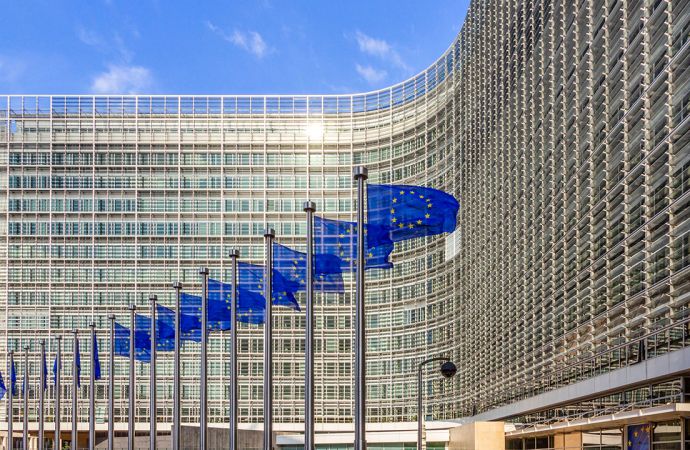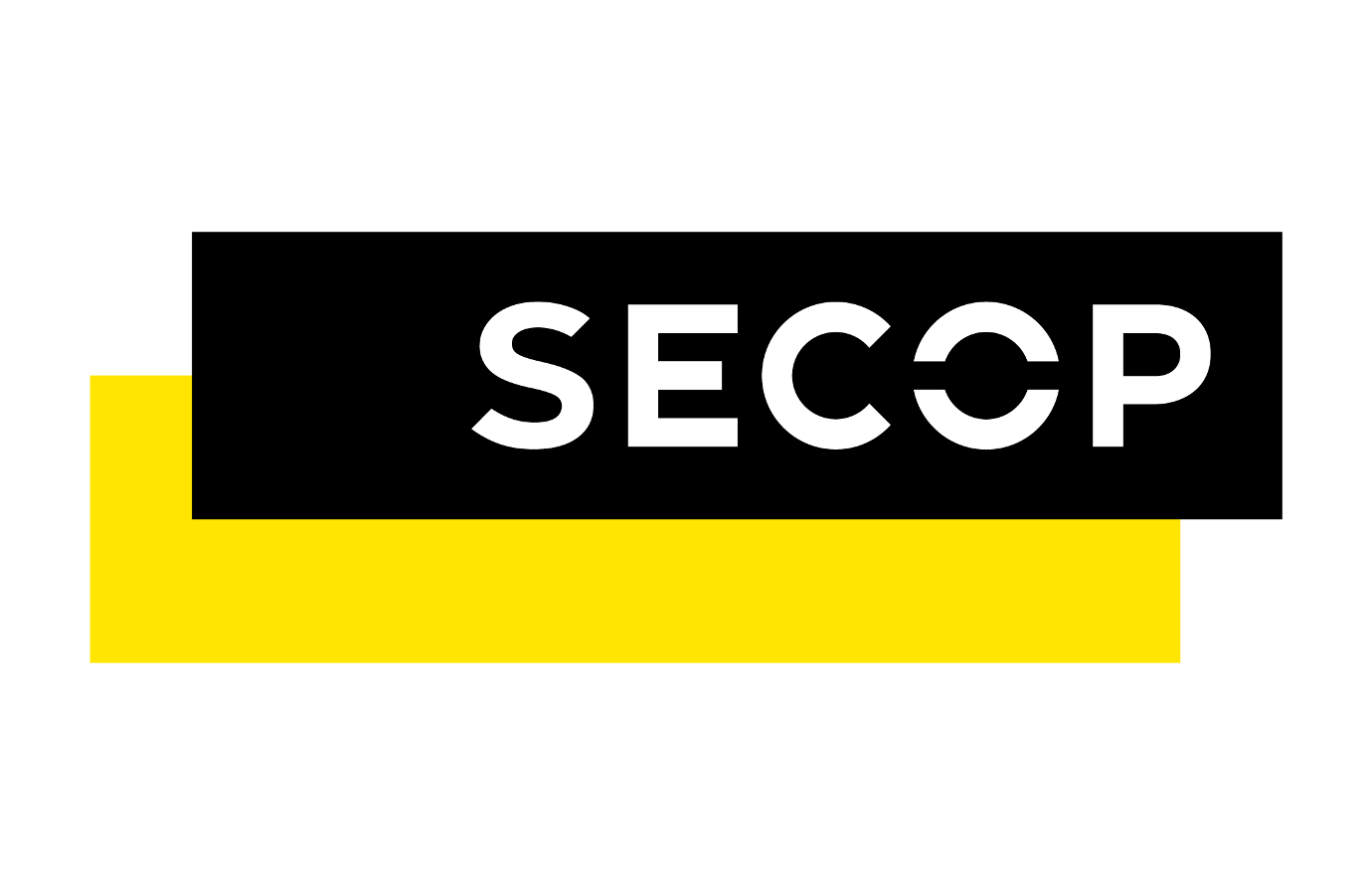EU and US regulations are driving radical change in the heating and cooling market – creating new opportunities for hydrocarbons, SECOP’s Pieter Boink told hydrocarbons21.com.

Regulation is forcing companies to innovate, change and adapt, ultimately making them smarter, more efficient and environmentally friendly over the complete lifecycle of a product, argues Boink, head of business development and marketing at the German compressor manufacturer.
SECOP sees this change as an opportunity to develop new technologies and products that promote energy efficiency. A mechanical engineer by training, Boink has 34 years experience in the refrigeration industry. He has held his current role at SECOP for the last two years.
Describing the current regulatory changes as “radical”, Boink points out that the evolution is quickly gaining pace as companies adapt to US and EU legislation on eco-design and the f-gas phase-down.
Companies must bear this in mind from the earliest R&D phase when designing new products, he explains, saying: “They have to be more or less done in alignment with the regulatory changes at the global level.
'Energy opimising' Compressors
Regulations like the EU’s Eco-design Directive and the US Environmental Protection Agency’s (EPA) Significant New Alteratives Policy (SNAP) programme are making their presence felt in company R&D departments.
“When we talk about ‘energy optimised’, this is something we have to look at as a whole system in the compressor; by this I mean the pump and motor. Both need optimising,” Boink says.
HVAC&R firms must be equally aware of the impact of both the EU and the EPA’s f-gas phase-down paths. At first, “people were surprised by the speed the EPA was phasing down these refrigerants,” Boink says.
SECOP’s new energy-optimised compressors for propane, the DLE and NLE/NLY ranges, are designed with EU and US regulations in mind – with a 115 volt (60 Hz) model designed specifically for the US market.
Asked about the efficiency of hydrocarbons in these new systems, Boink said: “If you compare the new models with the old solutions for R134a, then you see they are 20-30% more efficient.” He stressed the importance of keeping the propane charge limit within strict limits mandated by US regulation.
These rules have been good for SECOP. “We’ve seen an enormous number of requests from the US for solutions with hydrocarbons,” says Boink, reporting increased demand for natural refrigerant-based compressors year on year.
This demand is primarily driven by the light commercial sector, which includes ice cream, bottle coolers, medicine storage and catering fridges, “where you cannot use a higher charge”.
Related stories




